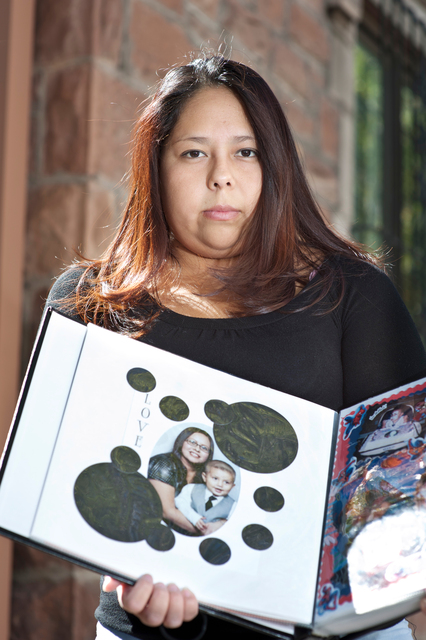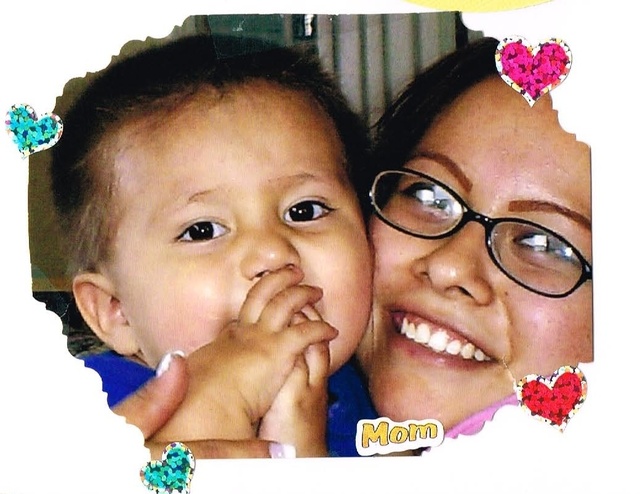Distress Signals: Did City Services Miss Calls For Help From Tiffany Toribio And Her Family?
Did City Services Miss Calls For Help From Tiffany Toribio And Her Family?


Emily Apodaca holds a picture of sister Tiffany Toribio and nephew Tyrus.
Sergio Salvador salvadorphoto.com

Tiffany and Tyrus Toribio
Courtesy of Emily Apodaca




